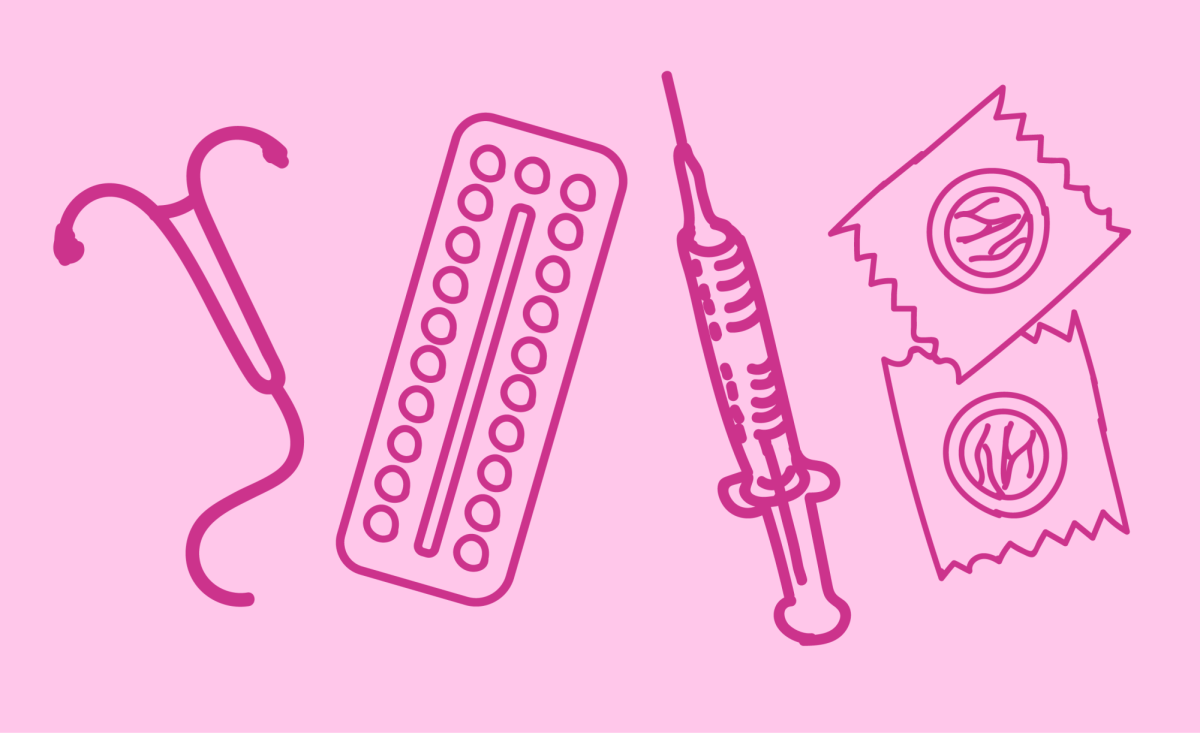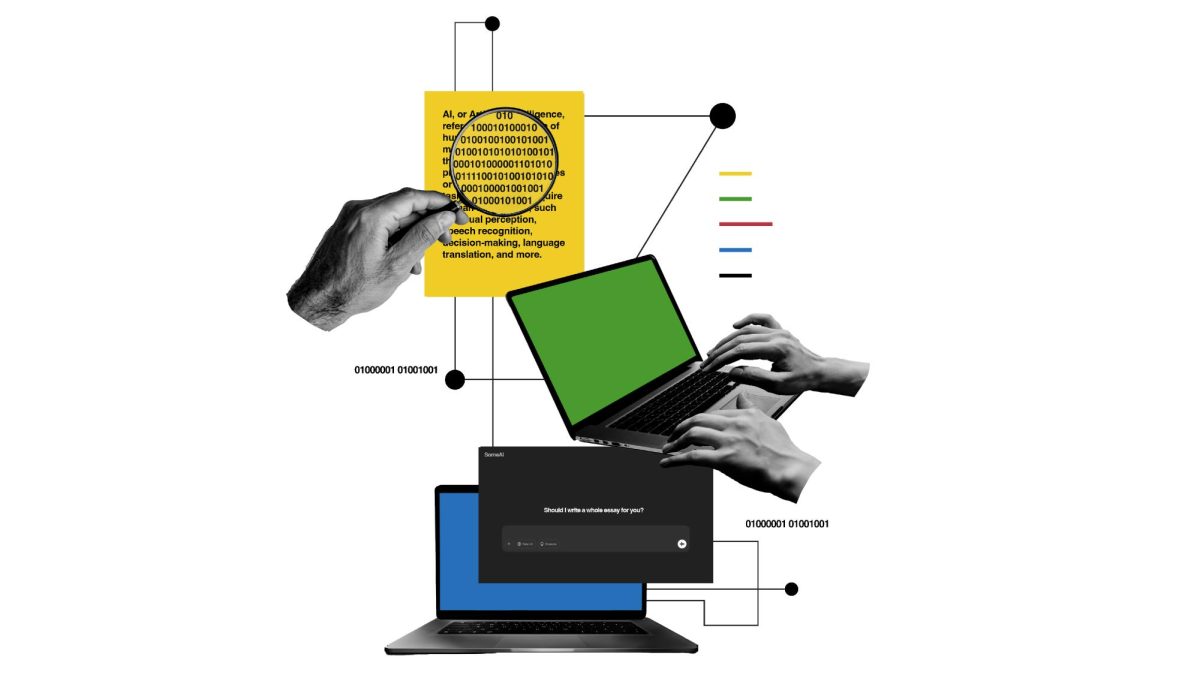PREGNACY PREVENTION:
The Pill
Birth control pills can be progestin only or a combination of estrogen and progestin. The pills are taken once a day orally and work to prevent pregnancy.
The implant (Nexplanon)
Nexplanon is a small thin rod that is inserted into your arm. It works by releasing hormones into your body that prevent pregnancy. It is 99% effective and can last up to four years.
Intrauterine device
The IUD is a small piece of flexible plastic that is inserted into the uterus by a doctor. It’s a long-term method of birth control and can be taken out at any time. There are two types of IUDs, Copper IUDs which can protect from pregnancy for up to 12 years and Hormonal IUDs which can last from 3-6 years.
The shot (Depo-provera)
The shot is an injectable progesterone that lasts for three months. The injection works to prevent pregnancy by preventing ovulation.
The patch (Ortho Evra)
The patch can be worn on the buttocks, abdomen, upper torso or upper arm. It can be worn for a week at a time for up to three weeks. After wearing the patch for three weeks you must go without wearing it for three weeks.
The ring (NuvaRing)
The Nuvaring is inserted into the vagina and can be left in for up to three weeks.
Emergency contraception (Plan B, Ella)
The progestin-only Plan B pill reduces the risk of pregnancy by 89%. Emergency contraception works best if taken right away but can also be effective if taken up to five days after unprotected sex.
BARRIER METHODS:
Condoms
Condoms provide protection from both pregnancy and sexually transmitted infections. There are condoms made for penises as well as condoms that are inserted into the vagina.
Dental Dams
Dental dams, also known as rubber dams, are a barrier method used to prevent STIs. It is a thin sheet of rubber that is placed over the vagina during oral sex.
HIV PREVENTION:
Pre-Exposure Prophylaxis
There are also resources available to those who are at high risk of HIV infection. PrEP is a term used to describe taking anti-HIV medication to prevent HIV infection, taken by people who are HIV negative, who are at risk of infection.
There are many resources on campus for students to receive contraception of all different kinds.
A combination of external condoms, internal condoms, dental dams and lubricant can be found in “Safer Sex spots” around campus or through the “Dam Delivery” service.
These locations can be found at any of the Student Health Services locations as well as Cultural Resource Centers, SafeRide vans, and on the fourth floor of Waldo hall. These items can also be delivered to your address or in the case of prescription contraceptives, most can be picked up through the SHS pharmacy.
CCare, a state run program, allows students to get no-cost IUDs, implants, emergency contraception and other prescription birth control. The program is funded through a grant from the Centers for Medicaid Services and the Oregon Department of Human Services. It allows SHS to provide reproductive healthcare and contraceptive services.
To sign up for CCare, you can contact the SHS CCare office at 541-737-9140 to request an enrollment form.













